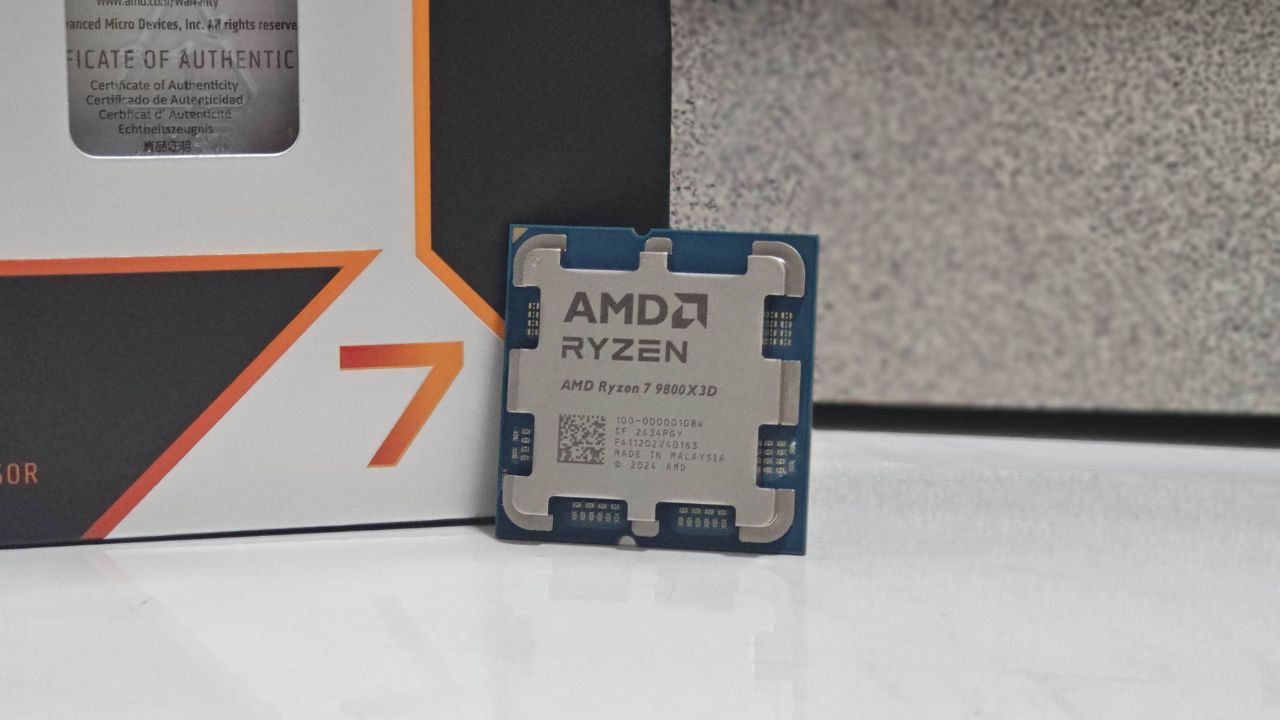The recently disclosed “EntrySign” vulnerability is raising fresh concerns for AMD, as it impacts not only processors built on the “Zen” architecture from generations 1 through 4, but now also affects the latest “Zen 5” chips. According to an updated advisory from AMD, the vulnerability has extended its reach to include the Ryzen 9000 desktop series, Ryzen AI 300 mobile chips, Ryzen 9000HX models, and EPYC 9005 server processors.
 At the core of the issue is AMD’s microcode patch loader, which in certain cases may fail to properly verify digital signatures. This lapse creates an opening for the unauthorized execution of arbitrary microcode on affected processors. While one might assume that microcode is permanently locked in ROM, both AMD and Intel design their processors with the flexibility to update microcode during early boot to provide fixes like this to be applied dynamically.
At the core of the issue is AMD’s microcode patch loader, which in certain cases may fail to properly verify digital signatures. This lapse creates an opening for the unauthorized execution of arbitrary microcode on affected processors. While one might assume that microcode is permanently locked in ROM, both AMD and Intel design their processors with the flexibility to update microcode during early boot to provide fixes like this to be applied dynamically.
The exploit, however, requires local ring 0 access, which limits its impact in consumer environments. It also doesn’t persist across reboots, making it less of a concern for casual users. Still, its implications are far more serious for enterprise and server-grade systems that run continuously. Notably, AMD’s virtualization security features, including SEV and SEV-SNP, are also susceptible.
To address the vulnerability, AMD has rolled out a new AGESA firmware update—ComboAM5PI 1.2.0.3c—which has been distributed to motherboard manufacturers. Users are advised to check with their board vendor and install the update promptly to ensure their systems are protected.






